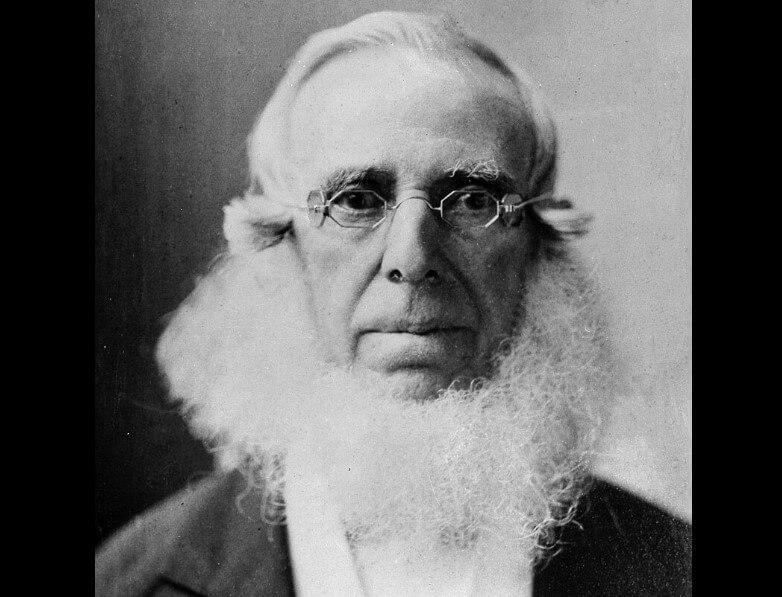Explore the extraordinary life of Peter Cooper (1791-1883), a self-made American industrialist who founded Cooper Union, an innovative adult education institute. From humble beginnings to building a fortune in the glue and iron industries, discover Cooper’s inventive spirit that led to the creation of the experimental locomotive Tom Thumb.

Peter Cooper; (1791-1883), American industrialist and philanthropist, who founded Cooper Union, an adult education institute in New York for the working class. He was born in New York City on Feb. 12, 1791, the son of an unsuccessful small businessman. Peter Cooper received virtually no systematic education and remained almost illiterate, but he showed amazing manual dexterity from an early age and had an inventive turn of mind that enabled him to produce many mechanical devices throughout his life.
After serving as an apprentice to a coach-maker, Cooper tried several lines of business and finally made a fortune manufacturing glue. In addition, he built an experimental locomotive, the Tom Thumb, for the Baltimore & Ohio Railroad in 1829-1830 and, realizing the bright future of the iron industry, established several ironworks. The works he established at Trenton, N. J., in 1845 became one of the leading producers in the United States. Later he entered the telegraph industry as president of the American company that helped lay the Atlantic cable.
In 1858, Cooper Union was completed and opened in New York City. It had been Cooper’s dream to help workingmen through education, and acting on his belief that wealth is a trust, he provided in his institute free technical courses, public lectures, and a public library.
Besides devoting time to Cooper Union he wrote pamphlets on such public issues as. the tariff, abolition, municipal reform, and the national currency. He published these pamphlets collectively in 1833 as Ideas for a Science of Good Government. Egalitarian in outlook, Cooper spoke out against corruption and the rising power of the plutocracy, and he was sympathetic to the problems of the farmers and labor. He endorsed civil service, government regulation of the railroads, and government control of the currency, urging that greenbacks be made legal tender. In 1876 he was nominated for president of the United States by the National Independent party, or Greenbackers, but he polled only 81,737 votes.
Cooper died in New York City on April 4, 1883. His funeral was a massive public demonstration of respect for a highly successful businessman who never lost sympathy for the common man.